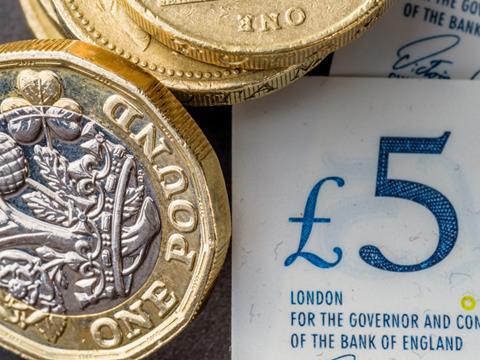
Top story
The rate of UK inflation has taken an unexpected fall in February as a result of continued discounting on clothes as retailers attempt to generate consumer interest as lockdown wears on.
The Office for National Statistics (ONS) reported this morning that inflation slowed to 0.4% last month, down from 0.7% in January.
Economists in the City had been expecting a headline figure of 0.8%.
Prices for clothes and footwear normally rise in February following January sales, but this was not the case this year for the first time since 2007. Prices in the category fell 5.6% in the year to February, the biggest drop since November 2009.
Competitive pressures at supermarkets also kept prices down as the grocers battled to win shoppers. The contribution from food and non-alcoholic beverages to the headline rate continued to be downward for the fourth month in succession, albeit slightly less negative than in January, according to the ONS.
The negative contribution came from across a wide range of product groups, with the largest individual downward pulls from meat and confectionery.
Second-hand cars, games, toys and hobbies also contributed to the February fall.
Taken together, it was more than enough to offset a rise in the cost of petrol and diesel.
Jonathan Athow, ONS deputy national statistician for economic statistics, said: “A fall in clothing prices helped to ease inflation in February, traditionally a month where we would see these prices rise, but the impact of the pandemic has disrupted standard seasonal patterns.”
Morning update
It is a quiet morning on the markets for consumer stocks as the City prepares for the Easter break.
There was continued pressure on the FTSE 100 first thing as worries about a third Covid wave in Europe weighed on investors. London’s blue-chip index opened down 0.3% to 6,680.64pts.
There was pressure on listed consumer companies too as uncertainty over reopenings hit the likes of WH Smith (down 3.7% to 1,741p) and Marks & Spencer (down 2.2% to 145.6p), as well as soft drinks stocks such as Nichols (down 3.1% to 1,254.8p) and Coca-Cola European Partners (down 2.5% to $50.33), while food-to-go and ready meal maker Bakkavor also fell 2% to 118p.
Early risers included SSP Group, up 1.8% to 329.3p, AG Barr, up 1.3% to 504.2p, and Naked Wines, up 1.2% to 699p.
Yesterday in the City
The FTSE 100 closed down 0.4% to 6,699.19pts yesterday.
It was mixed day for retail and consumer stocks, with McColl’s falling 1.3% to 31.6p after it revealed profits had been squeezed by shoppers opting for lower margin items even as sales raced higher in the pandemic.
Other falling shares included the beleaguered SSP Group, down another 4.9% to 323.4p, while cider maker C&C Group slid 4.4% to 280.5p, Science in Sport was down 4.1% to 58.5p and Marks & Spencer ended the day down 2.6% to 148.9p.
At the other end of the scale, Bakkavor rose 7.1% to 120.4p, Kerry Group was up 3.8% to €107.70, and AG Barr increased 3.1% to 497.5p.








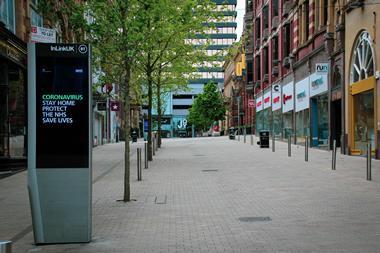
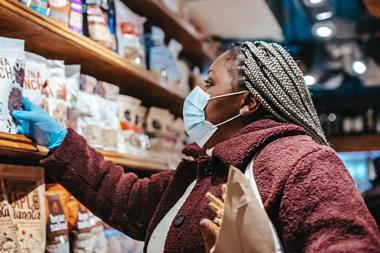
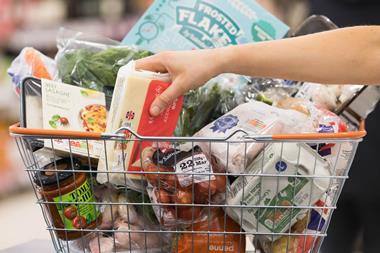
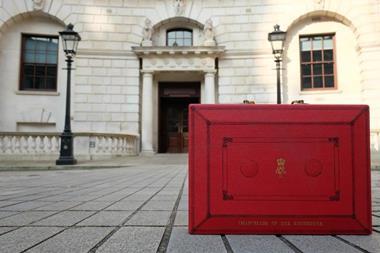

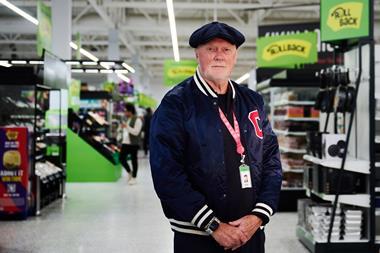




No comments yet